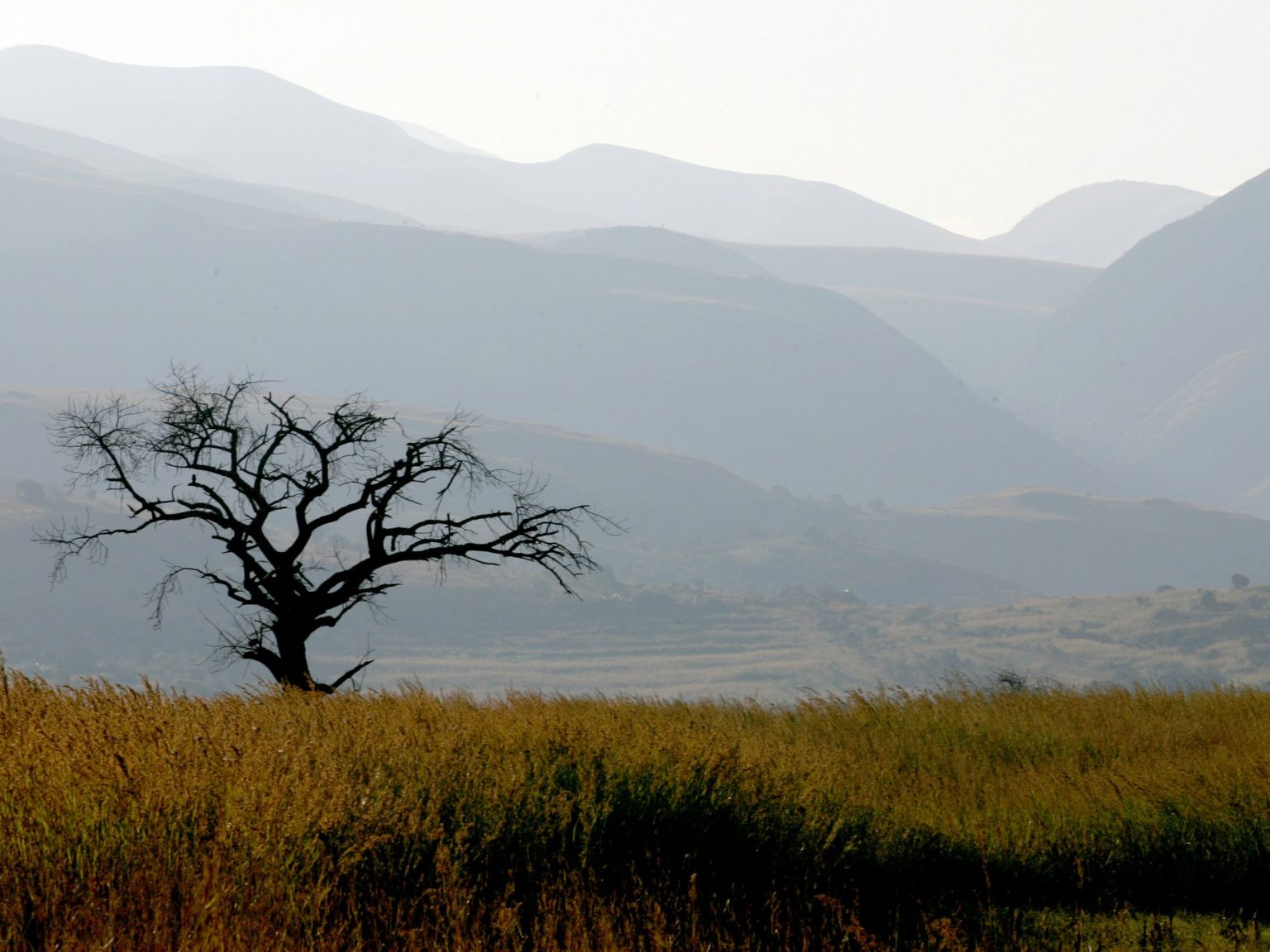In the Jilobi Forest, located in Eswatini’s Lubombo region, longstanding disputes between the chiefdoms of Maphungwane, Tikhuba, and Lukhetseni have threatened the biodiversity of the area. Illegal activities such as wood-cutting and livestock theft occurred, exacerbated by tensions between the chiefdoms. These disputes led to the poaching of wild animals and illegal harvesting of plants, posing a threat to the natural treasure of the forest. The communities from these chiefdoms depend on the forest for survival and consider themselves to be the custodians of this invaluable resource.
Recognizing the need to preserve the Jilobi Forest, the chiefdoms have recently come together to reconcile their differences and jointly manage and protect the space. Local and international organizations have intervened to facilitate this process. An ecotourism development project was launched in 2021, aiming to help the locals manage the forest sustainably and promote reconciliation between the chiefdoms. The establishment of the Joint Management Committee has allowed the chiefdoms to devise a reforestation plan and adopt responsible forestry practices to prevent illegal activities like logging and deforestation.
Workshops and community awareness programs have been implemented to educate the population about the value of biodiversity and the importance of conserving the Jilobi Forest. The workshops have helped the majority of community members and chiefs reach a common understanding on the need for collective management of the forest. A pilot project in collaboration with the United Nations Development Programme Eswatini and Indalo Eswatini aims to establish permaculture gardens near the forest, promote wildlife conservation, and enhance community livelihoods. The designation of the Lubombo region as a biosphere reserve by UNESCO in 2019 has further emphasized the importance of involving local communities in planning and managing the area.
While many locals believe that the conservation projects have been successful in protecting the Jilobi Forest and benefiting the community, there are concerns among some residents about the motives of outside organizations promoting conservation efforts. Some community members, like Matsenjwa from Maphungwane, worry that the focus on conservation may conflict with cultural practices, such as the use of the forest for burial purposes by the Maziya clan. Despite differing opinions, the projects have been seen as a turning point for the community, with many acknowledging the positive impact on the environment and livelihoods of the residents.
Overall, the reconciliation between the chiefdoms and the collaborative efforts to conserve the Jilobi Forest represent a significant step towards protecting the biodiversity hotspot in Eswatini’s Lubombo region. By engaging the local communities in managing the forest sustainably and involving them in decision-making processes, the projects have demonstrated the importance of collective action in preserving natural resources and promoting peaceful coexistence among rival groups. While challenges and concerns remain, the commitment to conservation and sustainable practices is paving the way for a more harmonious relationship between the communities and the environment they depend on for survival.














